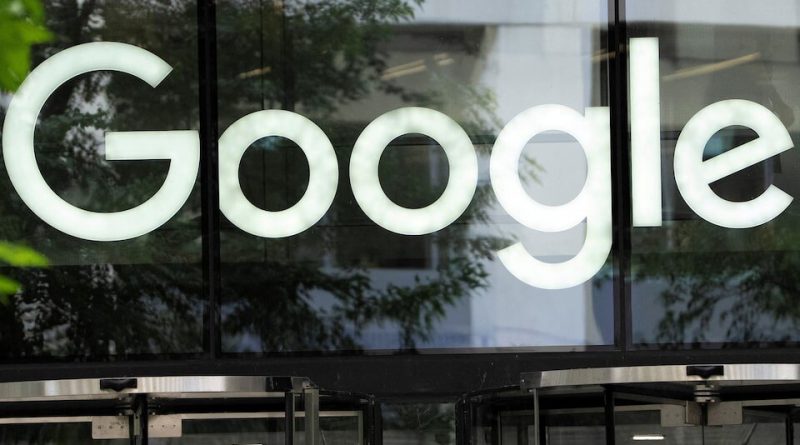Google Makes Major Concessions to EU: Search Giant Pledges Fairer Results Amid Antitrust Scrutiny
Facing the possibility of a record EU fine, Google has pledged sweeping changes to its search results to promote fair competition and transparency. The move signals a pivotal shift in how the tech titan balances innovation with regulatory responsibility.
In a significant turn of events, Google has offered to implement further modifications to its search engine results in a bid to address the European Union’s antitrust concerns and avoid a potentially massive fine under the bloc’s new Digital Markets Act (DMA).
The proposal, seen as a major gesture of compliance, aims to ensure fair visibility for competitors while demonstrating Google’s willingness to adapt to an evolving regulatory environment.
Google’s latest plan builds on an earlier proposal from July but comes with crucial revisions following constructive criticism from vertical search engines (VSS) — platforms dedicated to specific services such as hotels, flights, and restaurants.
These niche search providers have long accused Google of using its dominant position to prioritize its own offerings like Google Shopping, Google Hotels, and Google Flights, making it difficult for smaller players to compete.
A Strategic Response to EU Pressure
The European Commission, the EU’s powerful antitrust authority, has been investigating Google since March 2025 for allegedly favoring its own ecosystem within search results — a practice that could breach the DMA’s fairness obligations.
The Act, which came into effect earlier this year, establishes strict rules for Big Tech companies known as “gatekeepers,” ensuring they do not abuse their dominance to suppress competition or limit consumer choice.
To comply with these new standards, Google’s updated proposal includes greater transparency and parity between its own services and third-party platforms.
This means that search results will display identical information, features, and user functionalities for both Google and rival services. Such an approach aims to create a level playing field, where consumers can access results without implicit bias or algorithmic advantage.
Emphasizing Collaboration Over Conflict
In a statement shared with European regulators, Google highlighted that its changes were shaped by direct dialogue with competitors, industry stakeholders, and policymakers. The company stressed its commitment to finding “practical and equitable solutions” that support consumer trust while fostering a diverse online ecosystem.
“Google has always believed in open access to information. Our latest proposal is designed to reflect that belief while aligning with Europe’s evolving digital landscape,” a company spokesperson said.
By taking a collaborative approach, Google appears keen on avoiding another high-profile clash with the European Commission, which has previously levied multi-billion-euro penalties against the company in separate antitrust cases. Analysts view this as a calculated move to demonstrate good faith and avoid further reputational damage.
Balancing Innovation and Regulation
Critics have often accused Google of exploiting its dominant position to shape markets, but supporters argue that its products have transformed how people find and use information. With AI-powered search experiences and personalized results now at the forefront of its services, the company faces the delicate challenge of balancing innovation with compliance.
Experts believe that if Google successfully integrates these regulatory requirements without compromising user experience, it could set a new global benchmark for responsible tech governance. Moreover, the EU’s firm stance under the DMA is expected to influence other jurisdictions — including the United States and the United Kingdom — to adopt similar frameworks that hold Big Tech accountable.
Industry Reaction and Next Steps
Reactions from the technology sector and consumer advocacy groups have been cautiously optimistic. Many welcome Google’s willingness to cooperate but remain skeptical about whether the proposed adjustments will lead to meaningful change in practice.
European Commission officials are expected to review Google’s revised plan in the coming weeks. If accepted, it could mark a turning point in the long-standing tension between innovation-driven corporations and regulatory bodies seeking to protect fair competition.
However, if the proposal falls short, the company could face a hefty fine potentially running into billions of euros.
Regardless of the outcome, Google’s move underscores a broader realization among global tech leaders: the era of unchecked dominance is giving way to accountability and shared responsibility.
As digital markets mature, collaboration with regulators may become the cornerstone of sustainable innovation.



